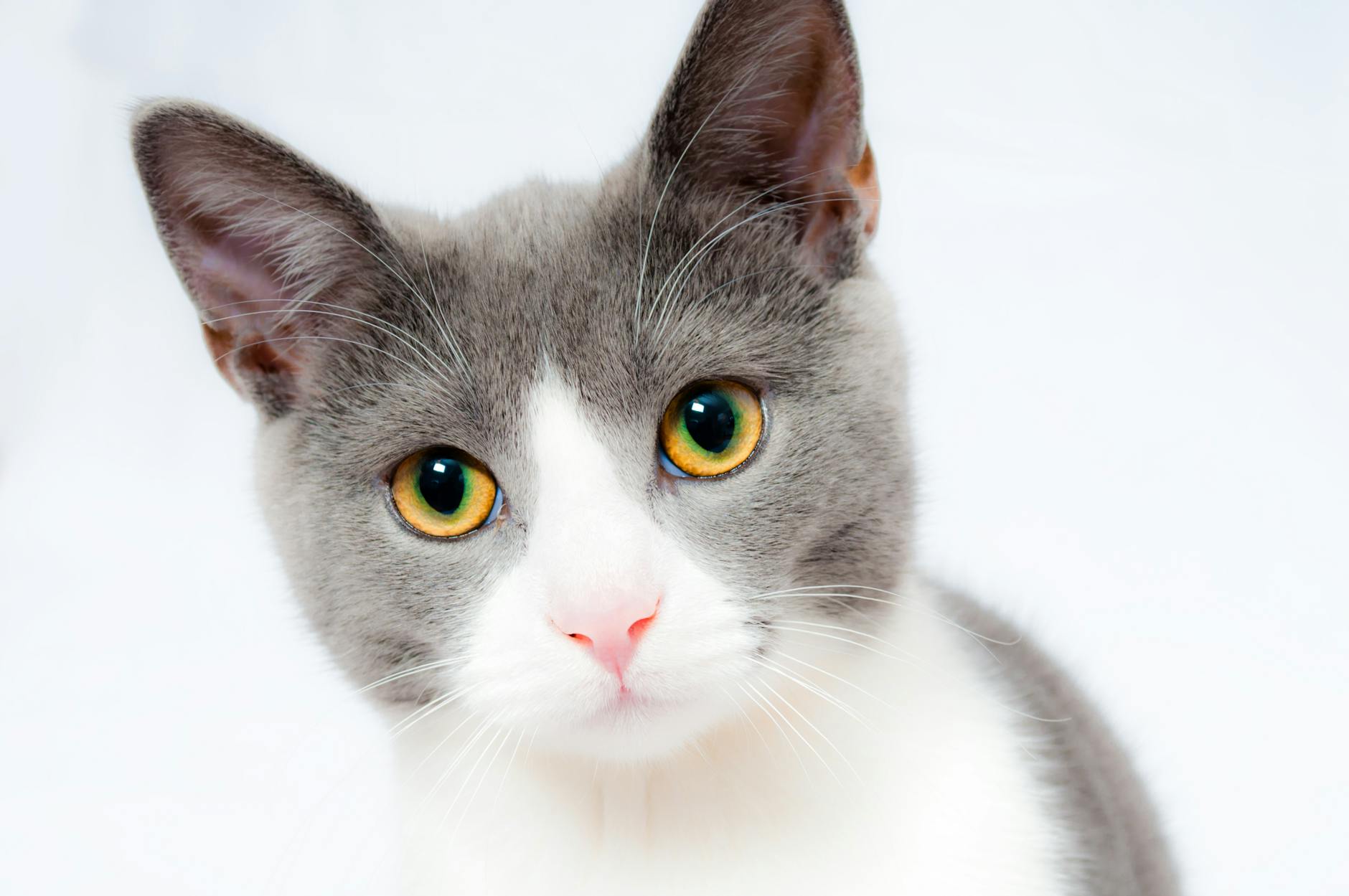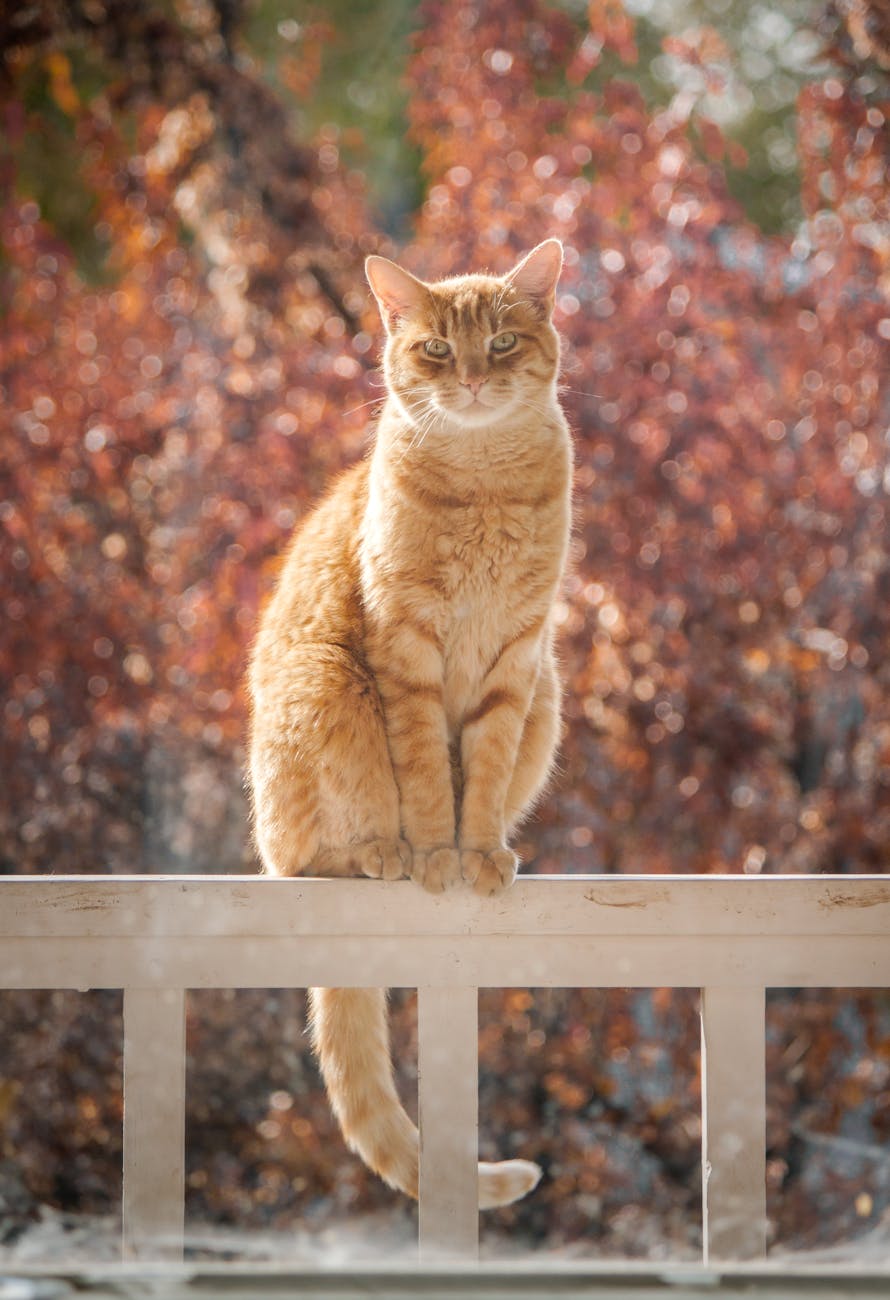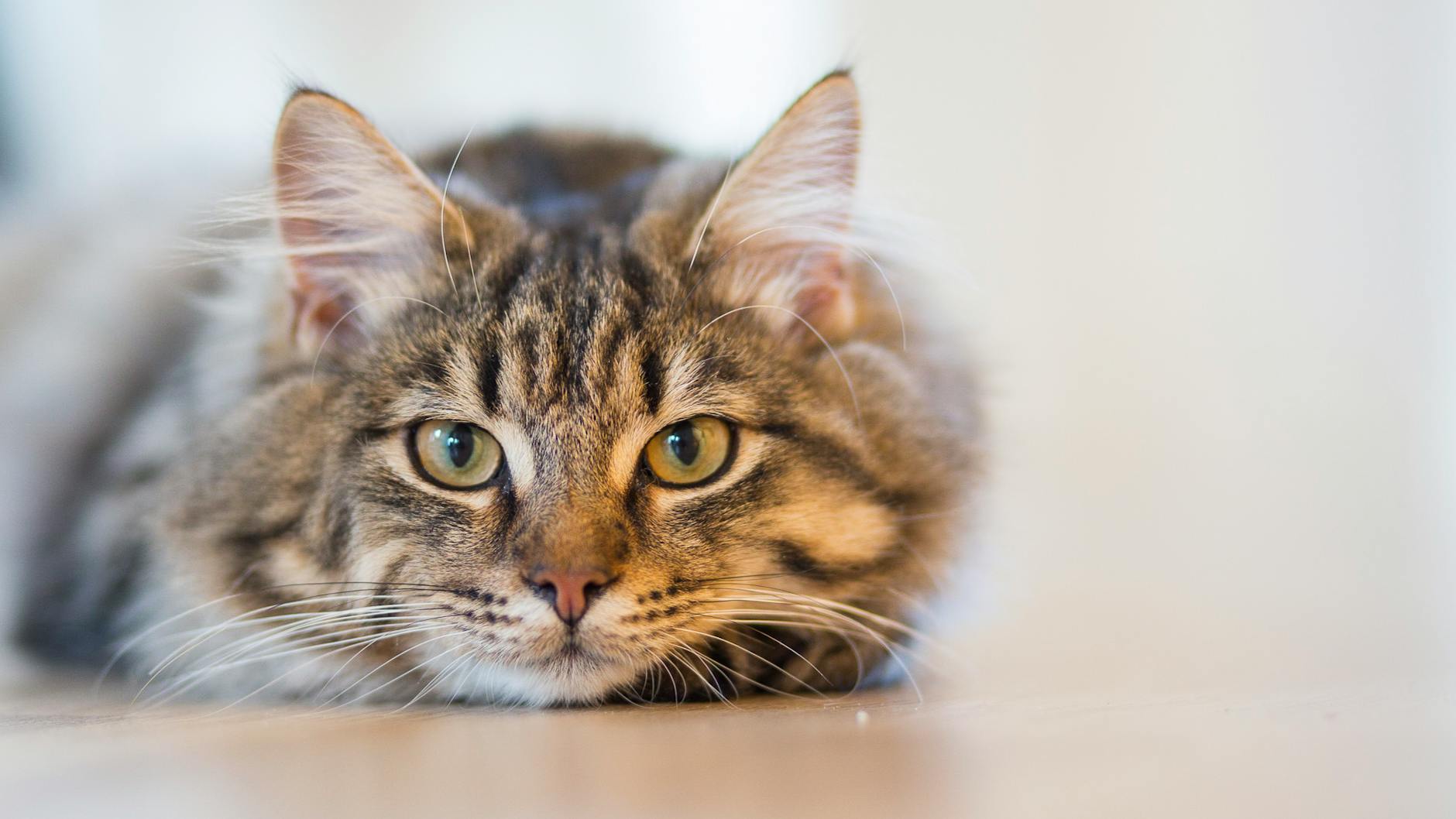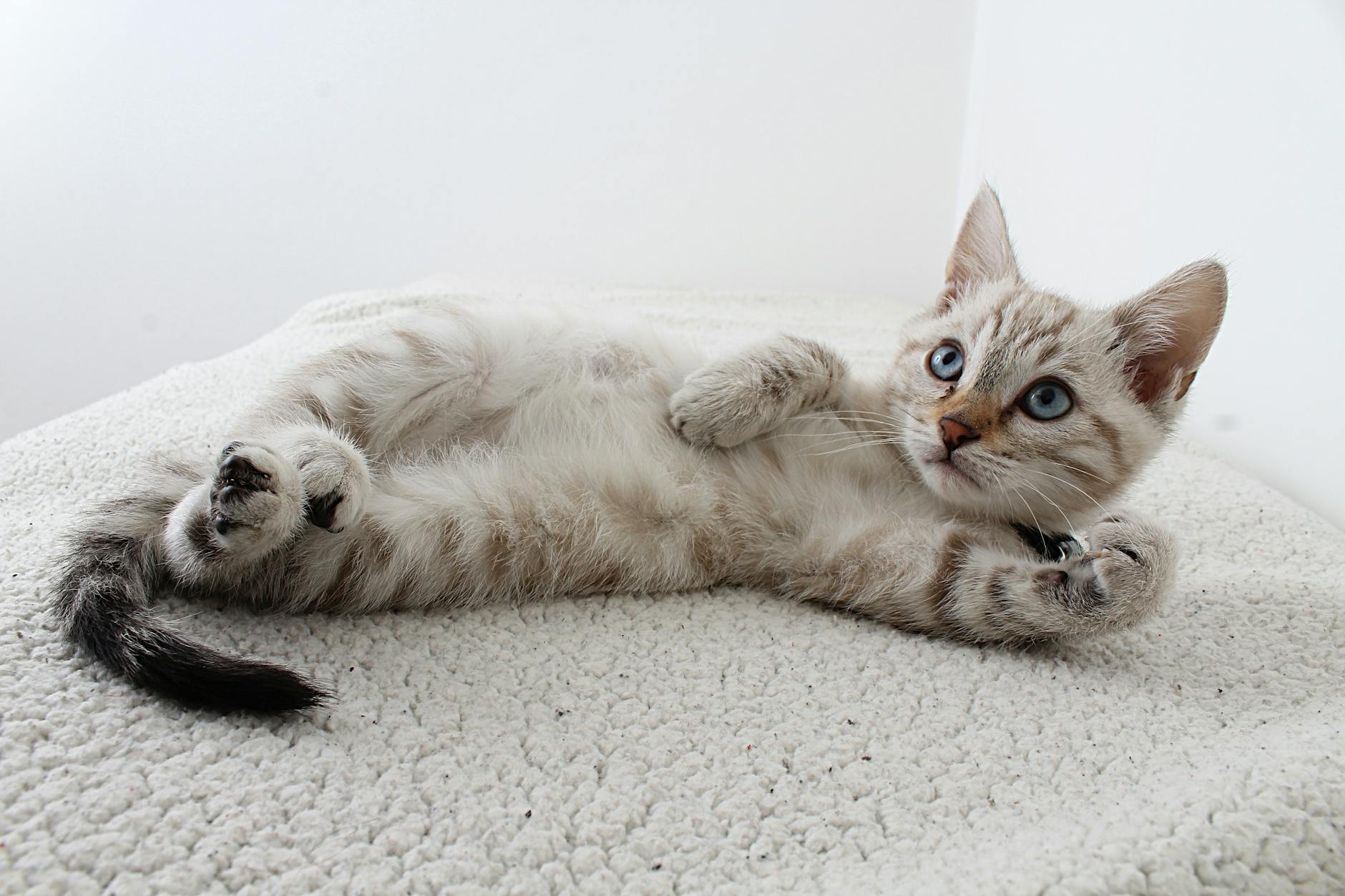When it comes to our feline friends, understanding their dietary needs is crucial for their health and well-being. A common question arises: can cats eat honey? Honey may have nutritional benefits and appeal as a sweet treat, but it also poses potential risks. Throughout this article, we will explore the nutritional profile of honey, its pros and cons for cats, and discover safer alternatives for indulging your pet. Join us as we uncover what makes the best treat choices for your beloved companion.
Understanding Cats’ Dietary Needs
To determine if can cats eat honey, it is crucial to understand their dietary requirements. Cats are obligate carnivores, meaning their primary nutritional needs come from animal sources. Here are the key components of a cat’s diet:
- Proteins: Essential for muscle development and overall health. Sources include meat, fish, and poultry.
- Fats: Provide energy and support cell structure. Look for animal fats and oils.
- Vitamins and Minerals: Vital for various bodily functions, including immune support and bone health. A balanced diet should encompass these nutrients.
Key Points to Consider:
- Carbohydrates: Cats do not need carbohydrates, and their digestive systems are not designed to process high-carb foods.
- Water: Fresh water should always be available, as hydration is crucial.
While some pet owners may wonder, can cats eat honey as a treat, it’s important to remember that honey lacks protein and essential nutrients in a cat’s diet. Instead of honey, focus on providing balanced, meat-based foods that meet their unique dietary needs.

The Nutritional Profile of Honey
When considering can cats eat honey, it’s essential to understand the nutritional makeup of honey itself. Honey consists primarily of:
- Fructose (38%): A natural sugar that provides energy.
- Glucose (31%): Another quick energy source, easily absorbed by the body.
- Water (17%): Contributes to the moisture content.
- Vitamins and Minerals: Contains trace amounts of B vitamins, vitamin C, and minerals like calcium and potassium.
Key Components:
| Component | Percentage | Benefits |
|---|---|---|
| Fructose | 38% | Quick energy source |
| Glucose | 31% | Fast absorption |
| Water | 17% | Hydration |
| Vitamins & Minerals | Trace amount | Nutritional support |
While honey possesses natural sugars and some beneficial compounds, it’s crucial to evaluate whether the benefits outweigh the risks. Although honey can provide some energy, it lacks the essential nutrients cats need for their overall health. Therefore, before deciding if can cats eat honey, consider its limited nutritional value in comparison to a balanced feline diet.
Potential Benefits of Honey for Cats
While can cats eat honey may raise some eyebrows among pet owners, there are potential benefits when offering this sweet treat in moderation. Here’s a quick overview of the advantages:
Natural Energy Source: Honey is rich in carbohydrates, providing a quick energy boost. This can be particularly helpful for active or playful cats.
Antioxidant Properties: Honey contains antioxidants, which can support your cat’s overall health by combating oxidative stress.
Soothing Properties: Some pet owners suggest that honey may help soothe minor throat irritations, acting as a natural remedy.
Nutrient Content: Although cats derive most of their nutrients from meat, the vitamins and minerals in honey, such as vitamin B6, calcium, and iron, can contribute positively to their diet when introduced carefully.
Caution is key when considering these benefits. Always remember that can cats eat honey should not be a frequent question; it should serve as an occasional treat. Too much honey can lead to weight gain and other health issues. Always consult your veterinarian before introducing honey into your cat’s diet.
Risks and Concerns of Feeding Honey to Cats
While honey can seem like a delightful treat, it’s essential to consider the potential risks before sharing it with your feline friend. Here are some key concerns regarding whether can cats eat honey:
High Sugar Content: Honey contains a significant amount of sugar, which can lead to obesity and diabetes in cats if consumed frequently.
Botulism Risk: Honey can contain spores of Clostridium botulinum. Although rare, these spores can be harmful, particularly to younger kittens or compromised adult cats.
Digestive Upset: Cats possess sensitive digestive systems. Introducing honey may lead to gastrointestinal issues such as diarrhea or vomiting.
Allergic Reactions: Some cats may exhibit allergic reactions, resulting in symptoms like itching or swelling. Monitor your cat closely if you decide to feed them honey.
Nutritional Imbalance: Relying on honey for treats can lead to nutritional deficiencies, as it lacks essential nutrients that cats need for their overall health.
In summary, while you might wonder can cats eat honey, it’s wise to approach this treat with caution and always consult your veterinarian before introducing new foods.

Safe Alternatives to Honey for Cats
While you might wonder, can cats eat honey, there are several safe alternatives that offer similar benefits without the risks associated with honey. Here are some treats you can consider:
- Pumpkin Puree: Rich in fiber and nutrients, pumpkin helps improve digestion.
- Boiled Chicken: High in protein, this lean meat can serve as a healthy treat.
- Catnip: This natural herb stimulates and entertains many cats.
- Fish Oil: A good source of omega-3 fatty acids, it promotes a shiny coat and healthy joints.
- Soft Cat Treats: Look for varieties with limited ingredients that emphasize natural flavors.
Comparison of Alternatives
| Treat | Nutritional Benefits | Notes |
|---|---|---|
| Pumpkin Puree | High in fiber, low-calorie | Serve in moderation. |
| Boiled Chicken | High in protein | Avoid seasoning. |
| Catnip | Stimulates energy and play | Not all cats react; observe behavior. |
| Fish Oil | Promotes coat health | Consult with a vet for dosages. |
| Soft Cat Treats | Convenient for rewards | Choose low additive options. |
By exploring these options, you ensure your cat enjoys tasty treats while maintaining their health. So, although the answer to can cats eat honey is not a straightforward yes, there are plenty of delightful alternatives available!
How to Introduce New Treats to Your Cat
Introducing new treats to your cat can be an exciting experience, but it’s essential to do so gradually and carefully. Here are some effective steps to ensure a smooth transition:
Start Small: Offer a tiny amount of the new treat, such as honey if you’re curious about can cats eat honey. This allows you to monitor for any adverse reactions.
Observe Reactions: After introducing the treat, pay attention to your cat’s behavior. Look for signs of enjoyment—like purring or licking—versus discomfort, which may include vomiting or diarrhea.
Mix and Match: Consider mixing the new treat with their regular food to ease them into the flavor. This can be particularly helpful in determining if your cat enjoys the treat without overwhelming them.
Set a Schedule: Offer new treats only occasionally, ideally as a reward for good behavior. This ensures treats remain special rather than part of their daily diet.
Consult Your Vet: Before introducing any new food, including honey, consult your veterinarian. They can provide personalized advice based on your cat’s health and dietary needs.
By following these steps, you can safely explore various options, including the question of whether can cats eat honey and find what best suits your feline friend.
Expert Opinions on Cats and Honey
When considering if can cats eat honey, expert veterinarians and animal nutritionists have diverse opinions. Here are some key insights from professionals in the field:
Moderation is Key: Many experts agree that honey could be safe for cats in small amounts. However, it should not replace a cat’s regular diet.
Natural Sweetener: Some believe honey offers minimal health benefits, like natural energy boosts due to its sugar content. But, they emphasize caution, especially in overweight or diabetic cats.
Potential Allergies: A few professionals highlight that cats may develop allergies to honey, leading to digestive issues. It’s crucial to monitor your cat for any adverse effects after introducing honey.
Age Matters: Kittens should never consume honey, as their immune systems are still developing. Adult cats might tolerate it better, but always in restricted amounts.
Overall, while the question of can cats eat honey leans towards a cautious "yes," most experts recommend seeking safer treat alternatives that are specifically designed for feline consumption.

Conclusion: Making Informed Treat Choices for Cats
In summary, when considering whether can cats eat honey, it’s essential to weigh the potential benefits against the risks. While honey can offer some beneficial properties, such as antioxidants and a quick energy source, it also poses several concerns.
Key considerations include:
- Sugar Content: Honey is high in sugars, which can lead to obesity and dental issues in cats.
- Digestive Issues: Some cats may experience gastrointestinal discomfort after consuming honey.
- Age and Health: Kittens and cats with health issues should avoid honey altogether.
Therefore, while a small amount may not harm your feline friend, moderation is crucial. It is often better to explore safe alternatives like:
- Plain cooked chicken
- Catnip
- Commercial cat treats designed for felines
In conclusion, making informed treat choices involves understanding your cat’s dietary needs and preferences. Always consult your veterinarian for personalized advice to ensure any treat aligns well with your cat’s health. Ultimately, it’s about keeping your cat happy and healthy while enjoying the occasional treat safely!
Frequently Asked Questions
Can cats safely consume honey in small amounts?
Yes, cats can consume honey in small amounts as it is not toxic to them. Honey contains sugars that can provide quick energy, but it should only be given as an occasional treat. It’s essential to use raw honey and to ensure that it does not replace their regular diet or lead to obesity, as cats do not require added sugars in their diet.
Are there any health benefits for cats eating honey?
While honey does have some potential health benefits such as antibacterial properties and antioxidants, these benefits are not particularly significant for cats. Unlike humans, cats do not derive substantial advantages from honey, and their primary nutritional needs are met through a balanced diet that is high in protein and low in carbohydrates. Therefore, honey should remain a rare treat rather than a health supplement.
Can kittens eat honey safely?
It is generally not recommended to give honey to kittens, especially those younger than one year. Their digestive systems are still developing, and honey might pose a risk of botulism, a rare but serious illness caused by bacteria that may grow in honey. To ensure your kitten’s health, it’s best to avoid honey until they are older and their immune system is stronger.
What should cat owners consider before giving honey as a treat?
Before giving honey as a treat to your cat, it is crucial to consider their overall health and dietary restrictions. Consult with a veterinarian if your cat has diabetes, obesity, or other health concerns, as honey is high in sugar. Additionally, always introduce any new treat slowly and in moderation to observe any adverse reactions and to maintain a balanced diet.



